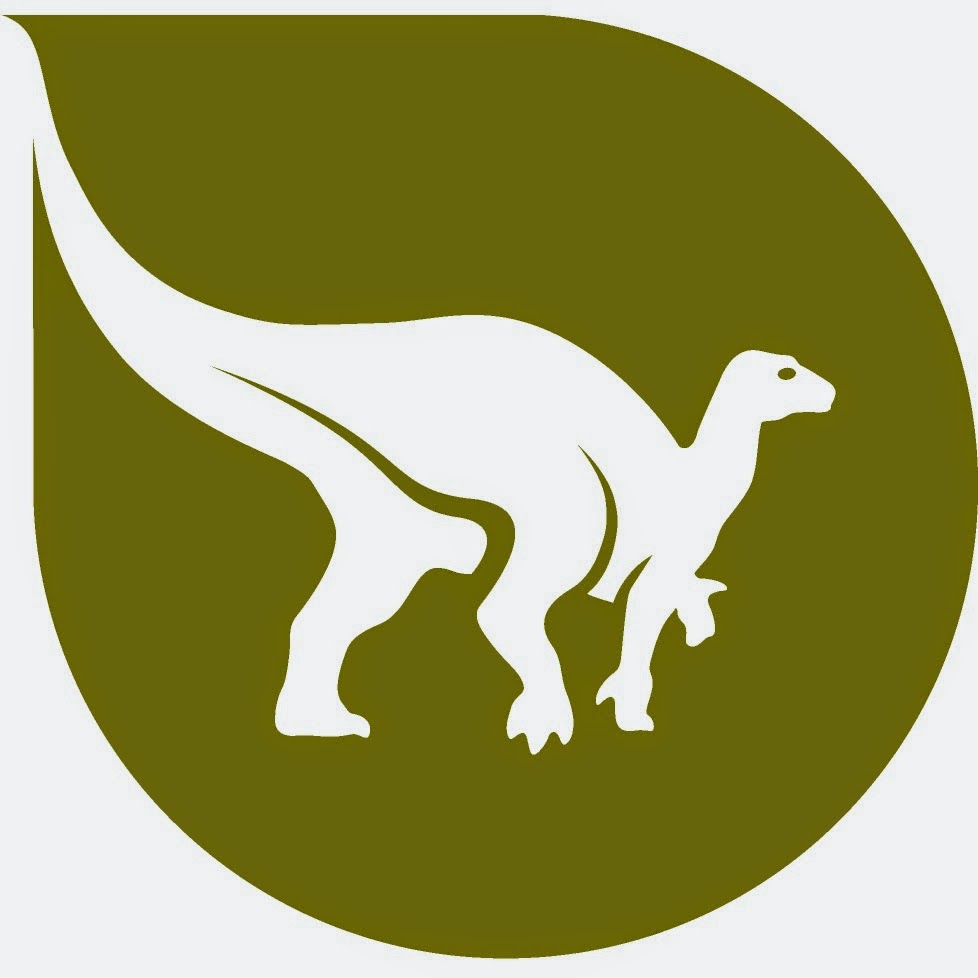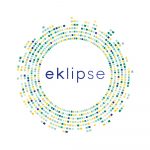
Introducing New Partner Institute: RBINS
Following the recent entry of the Countryside and Community Research Institute (CCRI) of the UK and Eurac Research of Italy, we are proud to announce that another Belgian institute–the Royal Belgian Institute of Natural Sciences–has joined the Alternet consortium. A familiar name to many in the Alternet community and networks, RBINS has been a long-time collaborator with Alternet partners on a number of key projects, including Eklipse, Biodiversa+, CO-OP4CBD and more.
 The Royal Belgian Institute of Natural Sciences has four main objectives:
The Royal Belgian Institute of Natural Sciences has four main objectives:
- Conducting scientific research into natural sciences: The research is focused on the following areas: Biodiversity and geodiversity; Biological evolution and the history of life; Marine and freshwater ecosystems’ management; History of the human/environment relationship; Applied geology.
- Delivering Scientific Expertise Aiding Public Authorities: The RBINS provides scientific expertise under Belgium’s international commitments in relation to environmental protection. It develops tools and methods for monitoring natural land or marine environments. It also offers useful science based advice for policy development and implementation, and plays a key role in national, European and global science-policy interfaces
- Conservation and Management of Scientific and Heritage Collections: With 37 million specimens conserved as Belgian heritage of universal significance, the RBINS’s collections serve above all as reference and research tools.
- Dissemination of Scientific Knowledge in Society: For the general public, the Museum of Natural Sciences is the visible part of the RBINS. It has 16,000m2 of permanent galleries, temporary exhibition rooms and educational workshops, enabling us to welcome roughly 300,000 visitors each year, approximately 30% of whom are school groups. The Dinosaur Gallery is world famous and the largest in Europe. The museum plays a leading role in the promotion and dissemination of scientific culture, both within and beyond its walls, notably through travelling exhibitions and events. We also seek to promote a more respectful approach to nature.
The Directorate Natural Environment
The Directorate Natural Environment (OD Nature) envisages being a “centre of excellence in fundamental and applied research of biodiversity and ecosystems in support of the protection and sustainable management of the natural environment.” Around 135 collaborators are spread over 3 locations in Brussels and Ostend. They have a large and diverse expertise and a strong reputation in their fields that include ecology, molecular biology, nature conservation and protection, biodiversity, chemistry, hydrodynamics, modelling, databases and image processing, and science-based policy support.
It runs several extensive biodiversity monitoring programmes and research infrastructures/instruments (such as RV Belgica), is heavily engaged in open science/open data, science-policy initiatives/platforms, and is representing the Federal state in international bodies and instruments.
OD Nature delivers: Science Policy Support, Scientific services and Scientific Research. There are 7 groups in this Directorate: ATECO, BEDIC, BIOPOLS, ECOCHEM, ECODAM, MUMM, MSO.
The Belgian Biodiversity Policy Support Unit (BIOPOLS)
The group that is to be most heavily involved in Alternet work is ‘BIOPOLS’ (the Belgian Biodiversity Policy Support Group). BIOPOLS is a biodiversity knowledge platform regrouping 6 different entities: the Belgian Biodiversity Platform (BBPf), the National Focal Point to the Convention on Biological Diversity (NFP-CBD), the Capacities for Biodiversity and Sustainable Development programme (CEBioS), the Conservation Biology research team (ConsBiol), the Marine Ecology team (MARECO), and the National Scientific Secretariat on Invasive Alien Species (NSSIAS). Each of them is dealing with specific aspects of the biodiversity science-policy interface.
Through the Belgian Biodiversity Platform (previously co-hosting the Eklipse Secretariat), links will be made with Biodiversa+ (coordinator), IUCN (national focal point & vice president), IPBES (national focal point), CO-OP4CBD and several other relevant initiatives/institutions (EEA, GBIF, EuropaBON etc.). Close connection will also be made with the RBINS’ Research Office which will help to liaise with other inhouse initiatives. – including citizen science initiatives and networks.
We are excited to further strengthen the partnerships that have been established with RBINS over the years as they now join Alternet as official partners!


